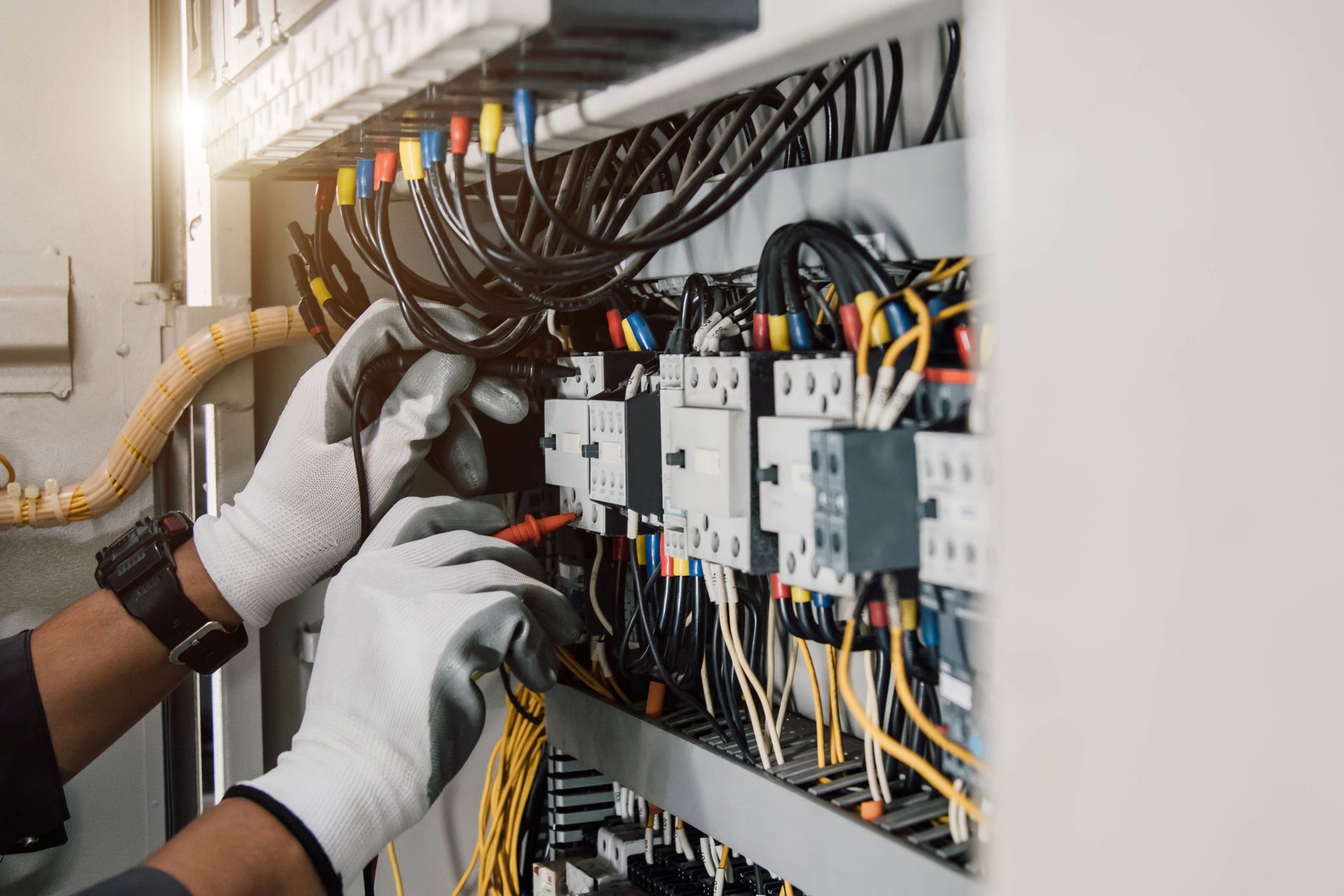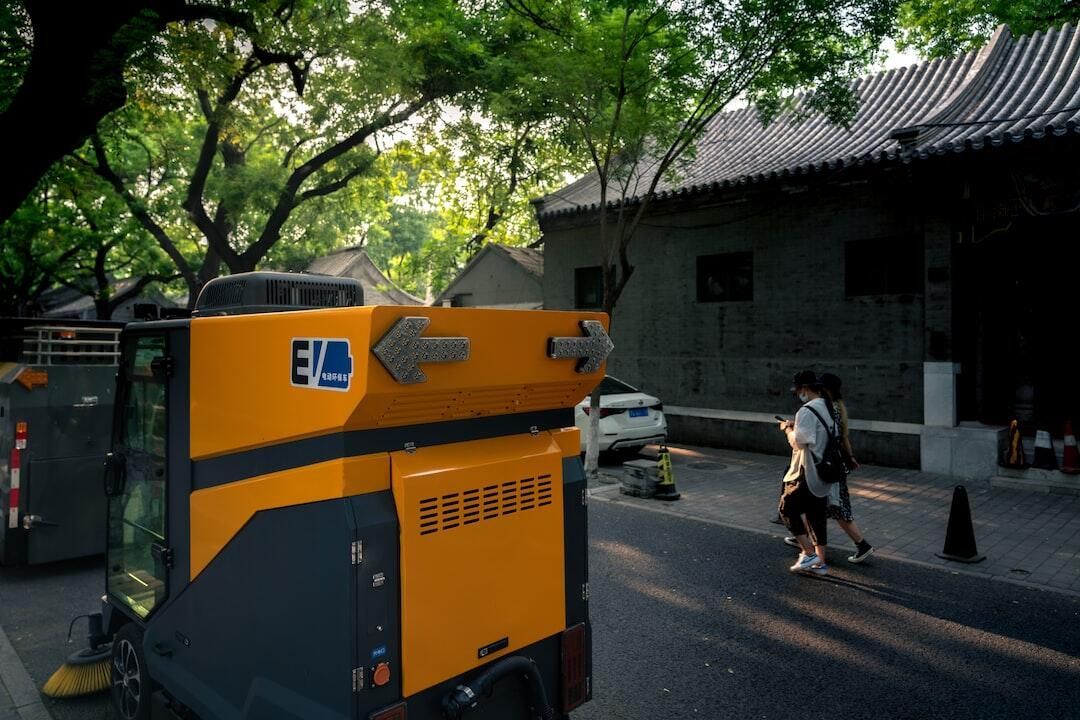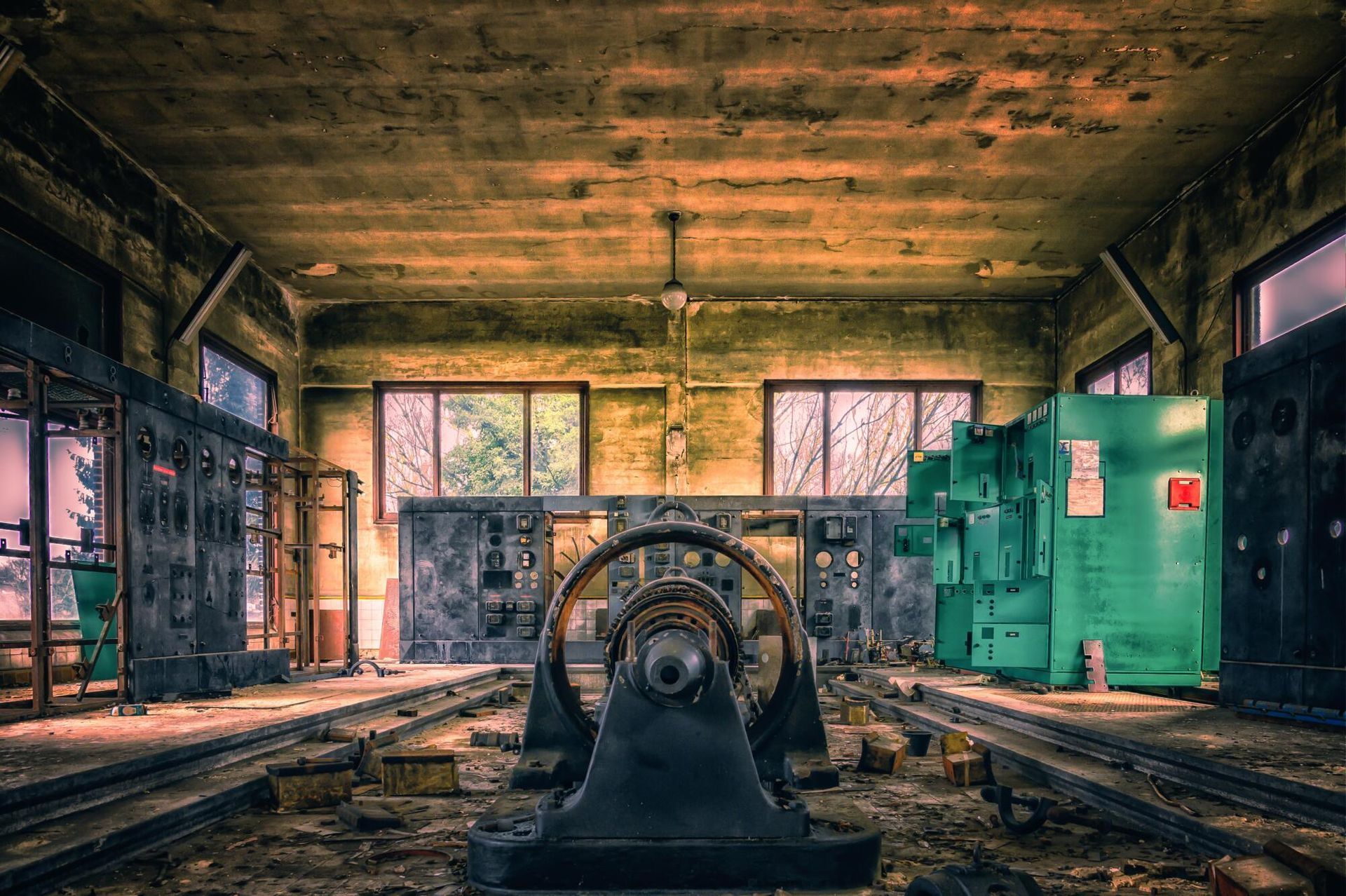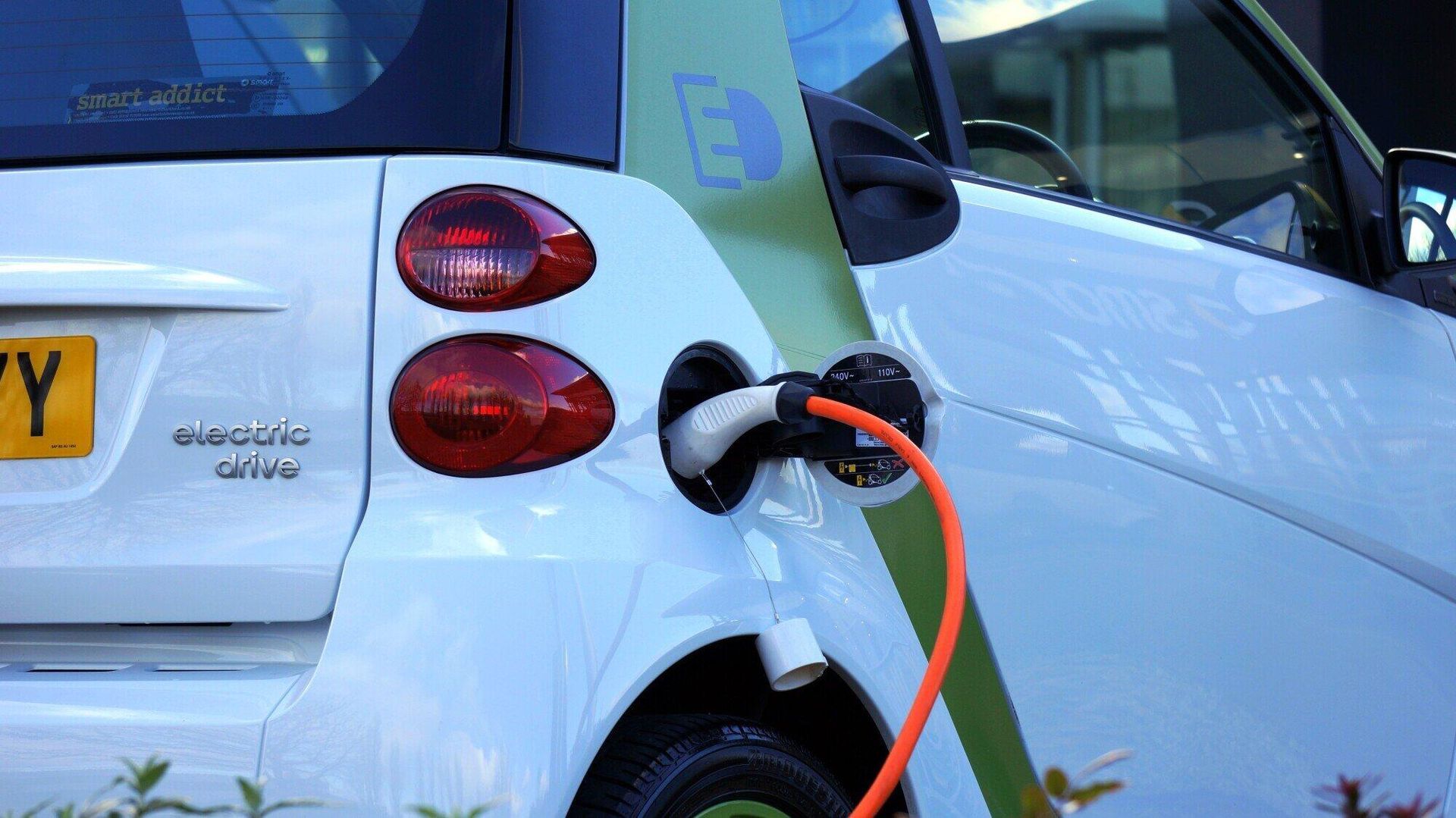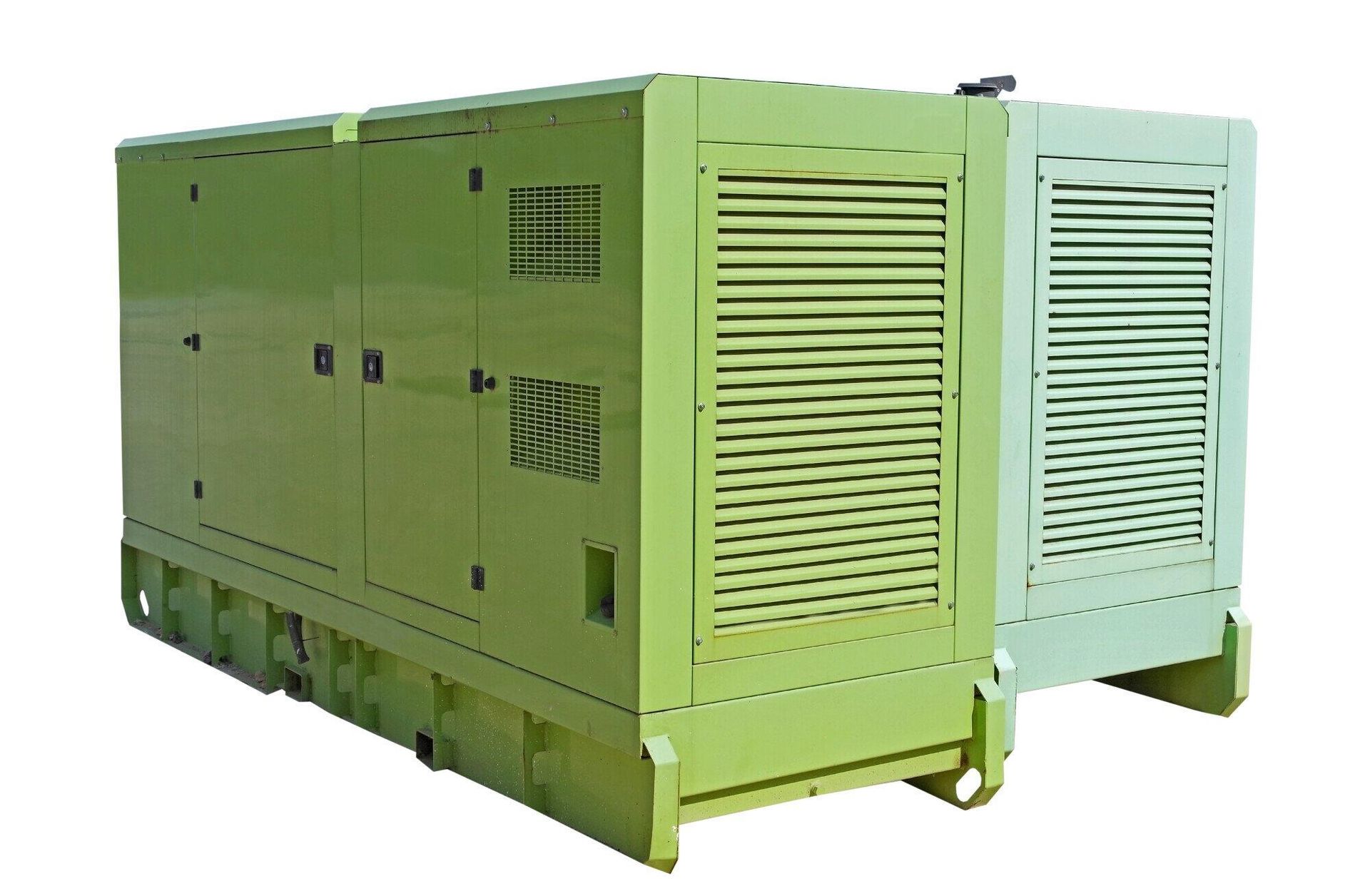Preparing Your Home for Generator Installation: Electrical System Considerations
Learn about whole-home generator systems and the items you'll need to take care of before installation, then contact our pros to get started!
Are you prepared for power outages? Between weather-related power issues and problems within the electrical grid, outages are on the rise. How will you handle the increase?
Many people rely on the supply of candles they stash in a kitchen drawer. Candles won't save the food in the refrigerator and they can't power medical devices.
Savvy homeowners can ensure an uninterrupted power supply with whole-home generator installation. In this guide, explore how to prepare your electrical system for a generator. From understanding how these systems work to assessing your home's power needs, we've got you covered.
How a Whole-Home Generator Works
Begin by scheduling an assessment with a licensed electrician to assess your current electrical system. During the assessment, the electrician will examine your electrical panel, circuits, wiring, and outlets. They will check for any signs of wear and tear, corrosion, or damage.
If the electrician identifies issues such as outdated wiring or overloaded circuits, they will recommend repairs or upgrades before proceeding with the generator installation. This initial step is vital to ensure the safety and reliability of your new backup power system.
Determining Your Power Needs
Your electrician can help you figure out your home's power needs, but there are a few things you can do before the inspection. To accurately determine your home's power requirements, create a comprehensive list of all the appliances, devices, and systems you intend to power during an outage.
This includes:
- Lights
- Refrigerators
- Freezers
- Sump pumps
- HVAC systems
- Garage door openers
- Security systems
Make note of the wattage or amperage rating for each. You can usually find the information in the appliance label or the owner's manual. Add up the total wattage or amperage to calculate the overall load that your generator will need to support.
You must account for both the starting and running wattage of each appliance. Some devices require a higher initial surge of power when they first start up.
Identifying Critical Circuits for Backup Power
During the electrical system inspection, the electrician will identify critical circuits in your home that require backup power during an outage. These circuits typically include those powering essential appliances and systems.
Think of anything you'll need during an outage to ensure safety, comfort, and well-being. By focusing on key circuits, you guarantee your generator provides power where it's needed most.
Specific Items to Address Before Installation
When your electrician performs the pre-installation inspection, they should focus on a few specific elements. The electrical panel, fuel source, generator location, and compliance with local building codes are all items to consider.
Electrical Panel Assessment
The electrical panel needs sufficient capacity to handle the additional circuits required for the generator. An outdated or overloaded panel should get an upgrade. Upgrading your electrical panel can prevent tripped breakers or overloaded circuits.
Fuel Source Considerations
Natural gas is a popular option for homeowners with access to a municipal gas line. Propane is another common choice, providing versatility and storage options for properties without access to natural gas lines. Diesel generators are less common for residential use but may be preferred in areas with limited fuel sources.
Location Selection
When determining where to locate the generator, your electrician will consider factors such as accessibility, ventilation, noise level, and local regulations. The ideal location is usually outdoors in a well-ventilated area away from doors, windows, and vents.
Compliance with Local Building Codes
Before installing a generator, you'll need to understand local building codes and zoning ordinances. If you live in a community governed by an HOA, there may be additional regulations.
Your installer should understand local building codes and may even obtain the permits. Adhering to local codes and regulations is essential for safety and compliance.
Hiring a Professional Installer
Right now, you may be wondering if you can install a generator on your own. Maybe you've already completed several home maintenance projects and feel ready to tackle something a bit more complex.
Whole-home generator installation is not a good DIY project for several reasons including:
- Safety
- Proper sizing
- Code compliance
- Warranty protection
Many generator manufacturers require professional installation to maintain the warranty on the unit. Attempting to DIY the installation could void the warranty, leaving you responsible for any repairs or replacements that may be needed in the future.
A qualified installer will have the expertise to assess your home's electrical system. They'll also recommend the appropriate generator size and model. and ensure proper installation. By hiring a professional installer, you can have confidence that the installation will be done correctly the first time.
Understanding the Installation Process
We've already talked about having a site assessment. The assessment identifies potential issues or the need for repairs or upgrades. It also helps determine if your home is ready for a generator installation.
During the installation, the electrician or installation team will connect the generator to your home's electrical system. The electrician also ensures proper grounding, wiring, and safety measures to prevent electrical hazards.
After reviewing the installation process, it's easy to see why it's essential to have a professional install your new generator.
Schedule Installation for Your New Generator Today
Preparing your home for a generator installation is crucial to guarantee you have power when the lights go out. Every detail matters, from assessing your electrical system to choosing the ideal generator and ensuring expert installation.
Turn to Vance Electric, a trusted Generac Power Pro Elite Dealer with a proven track record. In business since 1998, we're fully licensed, insured, and committed to delivering top-notch service.
Reach out today for a complimentary estimate. Let's make sure your home is equipped for any electrical challenge.
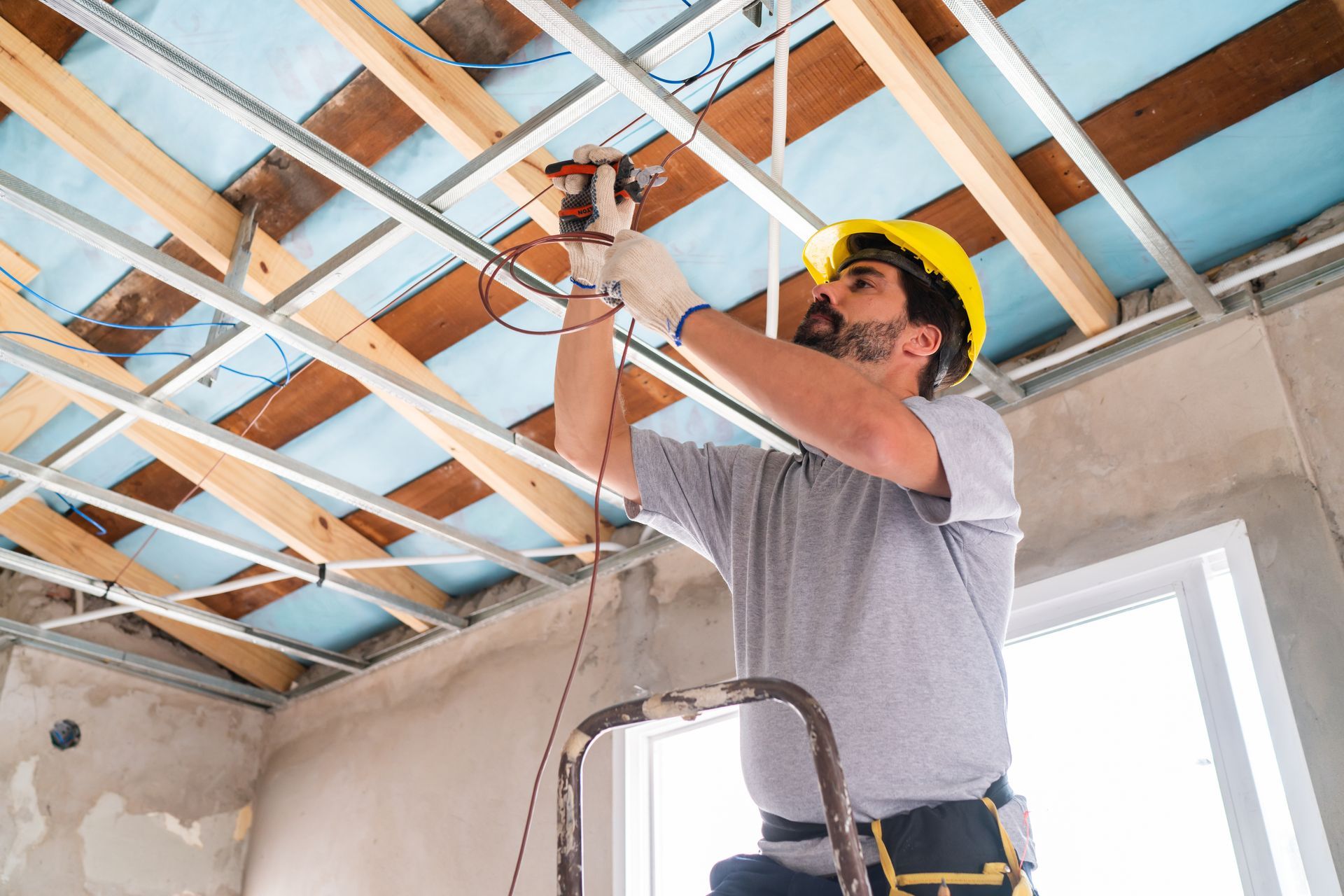
Why Hiring a Licensed Electrician in North Carolina is Crucial for Your Home's Safety and Compliance
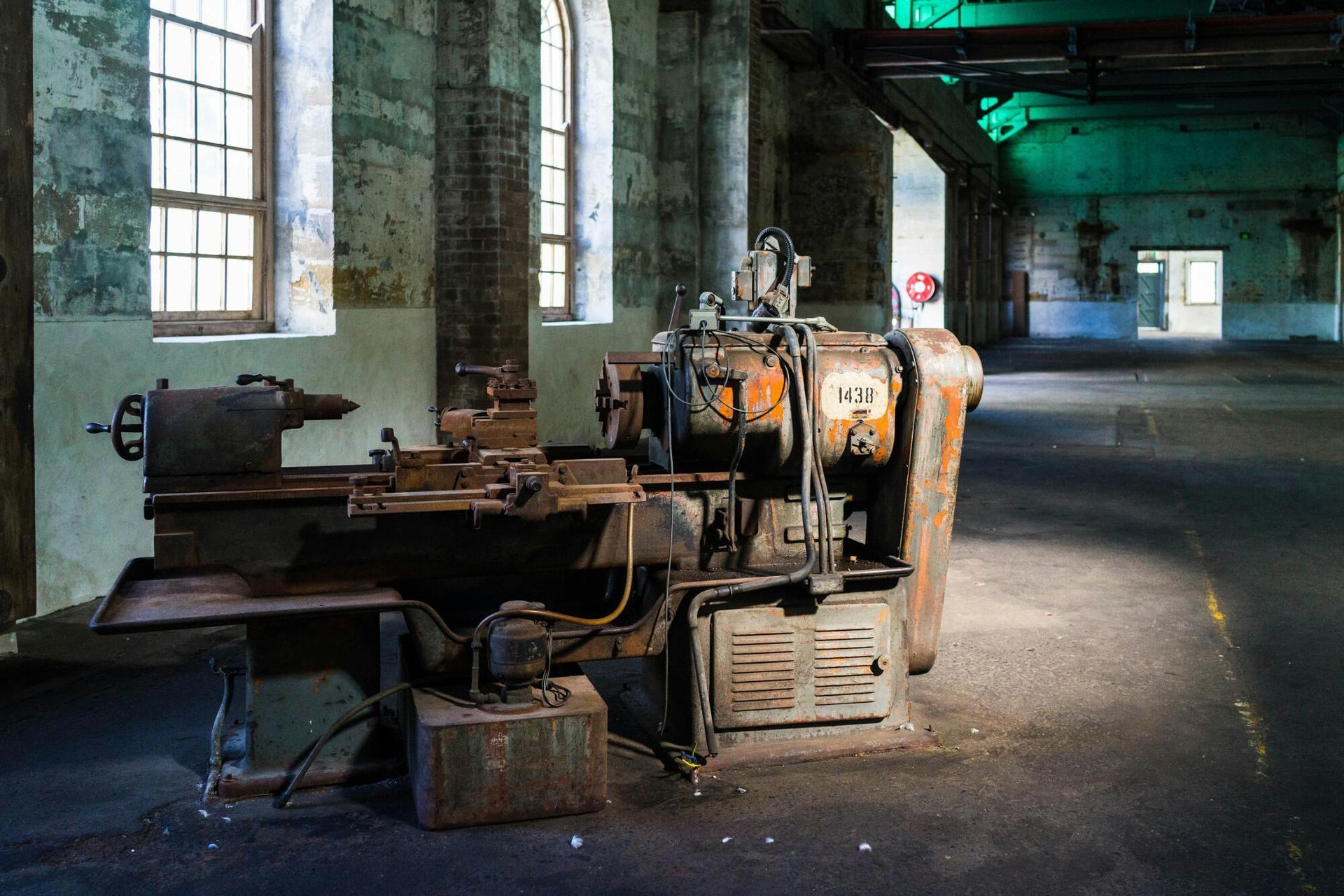
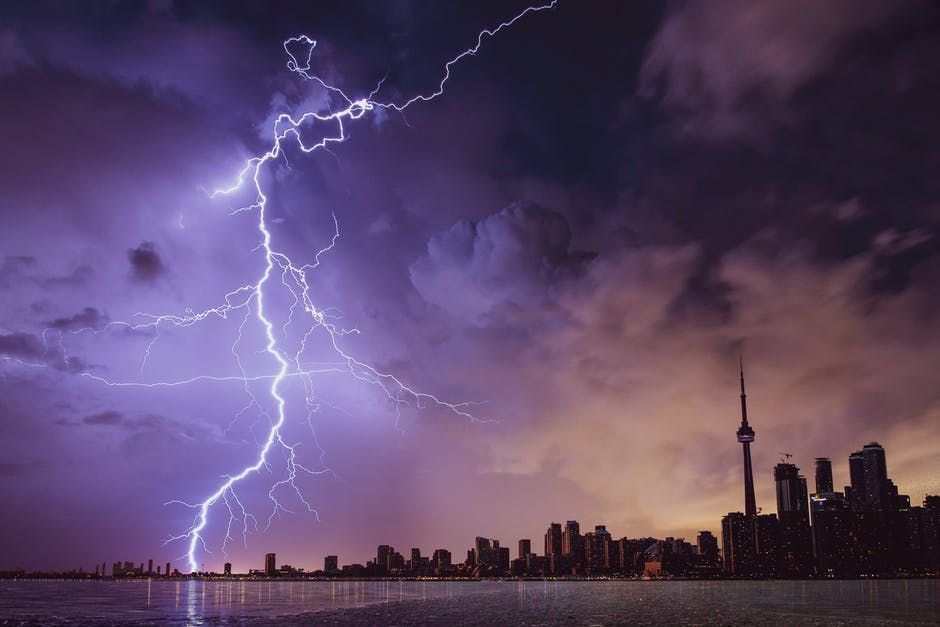
Vance Cowper, the owner of the company, has built a reputation for excellence in the field of generator sales, installation, and service, with a specialization in portable, residential, and commercial systems.
With over 25 years of experience in electrical construction and maintenance, including 13 years focused on facility maintenance, Vance and his team are committed to providing expertly installed generator systems, including whole house generators. These systems ensure the safety and security of families during power outages, offering peace of mind with affordable home standby generators that protect against utility power loss.
Vance is a Virginia-licensed master electrician and electrical contractor. He has also received extensive training from Generac® on commercial generators. In addition, he is a certified infrared thermographer, further enhancing his technical expertise.
His team consists of manufacturer-certified technicians who are trained to handle both residential and commercial installations. Each installation adheres to code-compliant design standards and uses high-quality copper wiring. Additionally, all generator systems are backed by the manufacturer’s warranties and include a multi-point inspection to ensure long-term performance.


